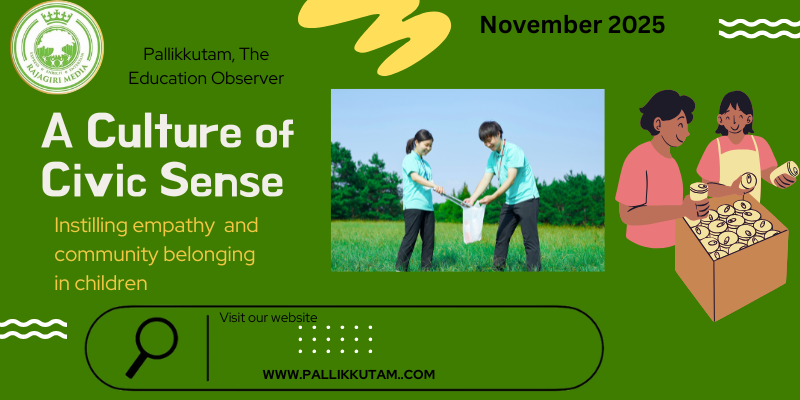
This article is available for free. Please log in or subscribe to access all articles.
Zeze, a mischievous young boy, used to steal flowers from a wealthy individual's house so that the flower vase in his teacher's desk was never empty. One day, someone tells the teacher, Dona Cecilia Paim, about it. When questioned, Zeze admits to the crime, but justifies it, saying that the wealthy man has so many flowers in his garden and they will never know if one of them is plucked.
The teacher tells Zeze that what he did was wrong, even if what he said was right. "Never do it again. Although it is not a serious offence, it is a kind of stealing."
However, she appreciated his view that the world belonged to God, and everything belongs to it. She was moved to tears when Zeze said that some children are not able to bring lunch to school. He talked about Dorothila, the girl who was ignored by others because of her dark complexion. The teacher was moved to learn that the toffees or the money she gave to Zeze were sometimes shared with Dorothila.
The above incident narrated in the novel My Sweet Orange Tree by Jose Mauro de Vasconcelos tells the importance of developing love and empathy for fellow beings early in life.
Real Story
A journalist travelling in a local bus in Thiruvananthapuram, which again shows how empathy and civic sense can make a difference in our lives. A girl student took out her concession card to be stamped by the conductor. Meanwhile, a gust of wind caused the concession card to fly out through the window. As the girl screamed for help, the conductor was kind enough to instruct the driver to stop the vehicle and allow the girl and her friend to search for the lost card. They managed to find it lying in the middle of the road. With great relief and satisfaction, they came back and boarded the waiting bus. As the journalist complimented the conduct at the end of the journey, the conductor said children should understand that there will be people to support them in times of crisis. They will grow up to have faith and belief in society and systems and also help others in need.
Early Lessons
Academicians believe that good civic sense and responsibility are instilled more effectively at a young age and tend to last. Jonathan Alsheimer, US-based Educator, Author, and Keynote speaker, spoke about what his daughter got from his teacher by way of appreciation in an X-Tweet. It is called “Teacher Mail.” They are intentionally hand-written messages that appreciate students for doing something good and doing well. “In a tough situation, you were calm,” “how you involved that student in the group,” “how you did math exceptionally well,” and so on. It enhances classroom and school culture.
In Japan, even before formal learning begins in school, before exams or grades are introduced to children, they are taught the value of respect and kindness to one another. Cleanliness is given importance- children clean the classrooms, hallways, and even bathrooms. It is a method of teaching responsibility from a young age. They also plant trees and protect the environment. Politeness and discipline are integrated into education, fostering character development.
Responsible AI-natives
“The best and most beautiful things in the world cannot be seen or even touched-they must be felt with the heart,” Helen Keller, American author and disability rights advocate, co-founder of the American Civil Liberties Union.
Dr Jemi Sudhakar, Academic Director & Principal of Silver Oaks International School, narrated an incident as a panelist at the 121st Rajagiri Round Table Conference held on 15th October 2025 on the topic, Civic Sense in the Age of AI Companions.

Sreekumar Raghavan is an experienced media professional and trainer. He is presently Editor of Pallikkutam, The Education Observer and hosts the monthly event, Rajagiri Round Table Conference.
SUBMIT REVIEW
Please email us: editor.rajagirimedia@gmail.com